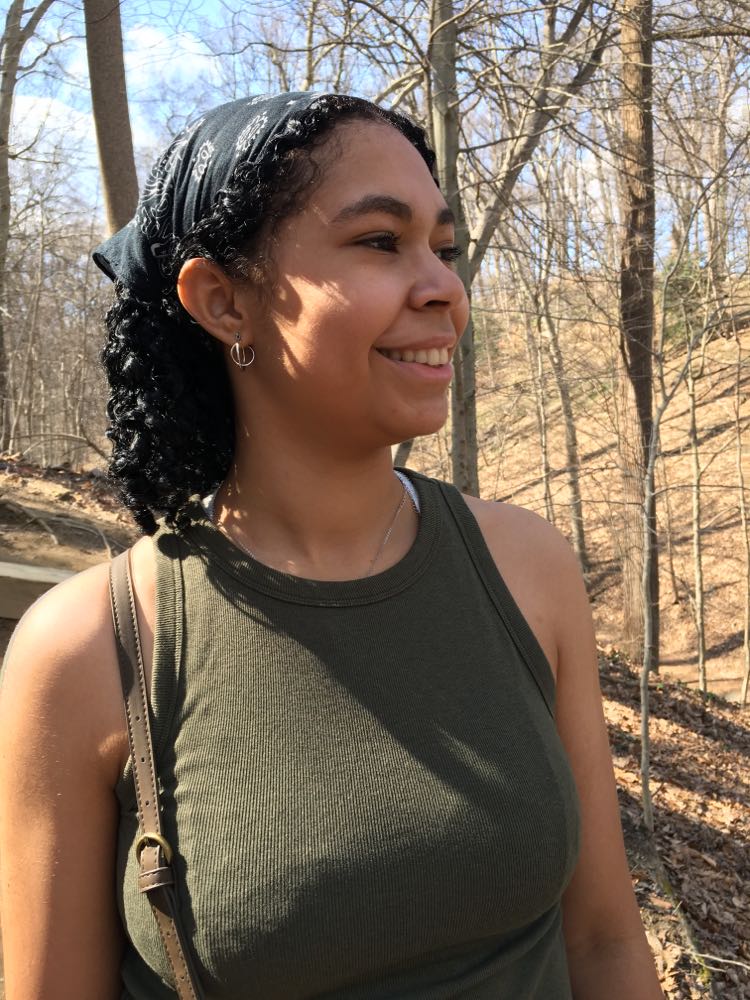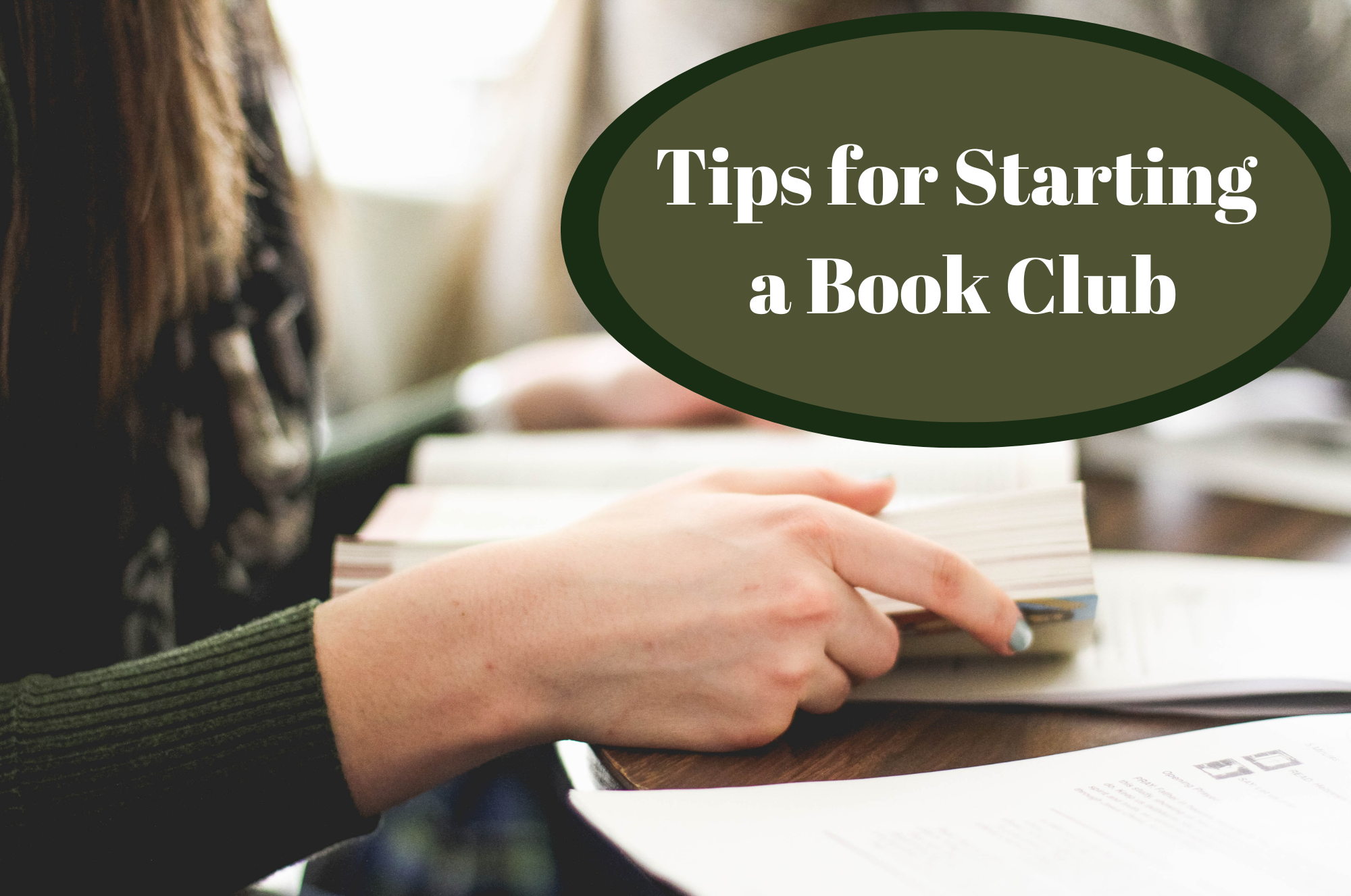Maybe you’re not reading as much as you want. Maybe you want to discuss the books you read (after a while the wall just doesn’t cut it). Maybe you’re decomposing underneath a pile of TBR books and are looking for some motivation to get through them. Maybe you’re just itching to be around other bookworms. Whatever the reason, you’ve decided that you want to start a book club. Here are a few tips to help get you started.
Get Your Feet a Bit Wet First
Before climbing up the ladder to the highest diving board, it might be useful to wade around in the not-so-deep end of the pool. Before branching off and starting your own book club, it could be useful to attend the meeting of an already existing club. You can see what they do that you like, what you don’t like, and incorporate those into your own club. In addition, if it’s just company in reading that you seek, an established group might provide you with a better experience.
Where to find these elusive, established book clubs? Turns out, they might not be as elusive as you think. If you’re in college, see if your college has a book club–most do, and their members will be your peers! Other options for finding local groups include visiting your libraries and local bookstores. Depending on the age groups you’re looking for, libraries might be the best choice to look at, as most have reading groups for young adults and kids. Even if your library doesn’t have some sort of book club, it most likely has a bulletin board holding flyers for book groups in your area. Local bookstores on the other hand are the meeting place for several clubs, and if you don’t see any flyers or advertisements, ask employees if they know about clubs that are accepting new members!
But why stop at local? An increasing number of groups meet virtually to discuss books, which allows you to expand your search for a book club to different states or even countries! Just make sure to keep time-zone differences in mind.
The 5 W’s: Who What Why When and Where
The first step to building a successful book club is laying down all the groundwork. Who do you want to invite? What books will you read? Why will people want to join–what’s unique about your club? When and where will you meet? If you can answer all of these questions, good job, you have most of your book club planned out.
Who
The members of your book club are one of, if not, the most important aspects of your group. The types of people you have as members sets the tone for your meetings, the books you read, and the level of discussions you hold.
Some things to keep in mind are the age of members, geographical location (more of this comes into play when you think about the where of your book club), and the size you want your group to be. The make-up of your group will, in part, also be influenced by the next W…
What
Figuring out what type of books you want your group to read is essential to starting your book club. You might want to create a club that reads all types of books, but you might also opt to have your group revolve around a genre such as fiction or poetry. Taking it a step further, you could have your group revolve around a niche subcategory of books–make a book club for fantasy geeks or travel enthusiasts (a book from a different country each time perhaps?).
Why
Along the lines of niche interests, what is unique about your club? Why should readers want to join yours in comparison to other groups? This is the time to have some fun with your planning! Do you want it to be a reading and writing group where you take turns alternating between reading published books and members’ own works? Or maybe you want to spice up meetings and have a monthly movie meeting when you watch the movie version of the book you last read. Be creative!
When and Where
Perhaps the hardest W’s to deal with, no book club can exist without a set time and location for meetings. You could consider whether you want to hold your meeting online, giving more flexibility for when to meet and solving the issue of location. But if you’re dead set on having meetings in person, reach out to some local bookshops to ask if you can use their space after their stores close. You can also look for a coffee shop or park to hold meetings (depending on the size of the group and weather permitting). Make sure to keep in mind your member’s locations! If each lives far away, virtual meetings may be the way to go.
While considering where to meet, decide how often you want to get together. Once a month? Once every three weeks? Take into consideration of the length of the books you read to help you decide, you want to make sure that everyone can finish the books in time!
Some Extra Logistics Because Nothing’s Ever That Simple
By this point, you have all the big details set, but here are some additional things to keep in mind moving forward.
As the creator of the club, you have first pick of what books you want to be read, but further down the line, you might want to consider creating a space where members can give input into what gets read. You can do this as easily as setting up a poll for members to vote. You could also have rotating members pick the books!
Great, you’ve sorted out what to read conflict-free. Now there’s the issue of making sure all members have access to books. Keep in mind that newer releases might be harder for some members to obtain (they might not be in libraries yet or can only be found in specific stores). The same challenge goes for books published by independent presses. Books that can be found in eBook and audiobook formats are always the safest bets.
Last but certainly not least, think about how you will set up discussions. You can leave them open and free-for-all, or you can look for specific questions that the group addresses (some books have short book-club questions and materials for extra discussions at the end which might be useful).
Phew! It’s a lot to consider, but the communities created by book clubs are well worth it!

Emma Zoe Polyak is a sophomore at Drexel University, majoring in Psychology and English with a concentration in Writing. She is also studying on a pre-med track, with interests in pediatrics and neuroscience. Emma is the co-founder of Artist’s POCket, an organization that provides resources for artists of color and she is the Associate Fiction Editor at BreakBread Literacy Project. She enjoys writing everything from poems to creative nonfiction. In her free time, she likes reading, watching films, listening to music, and spending time with her friends and family.
